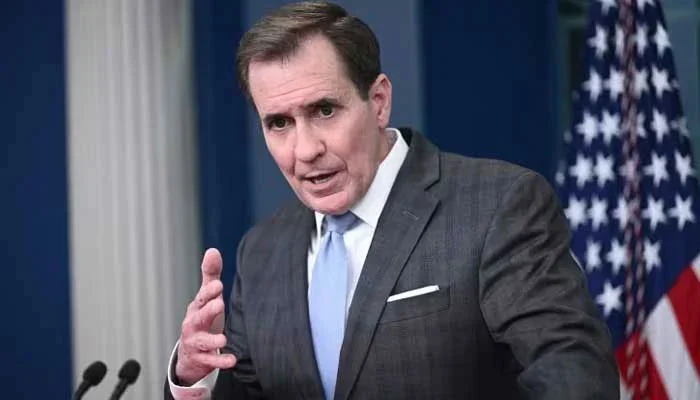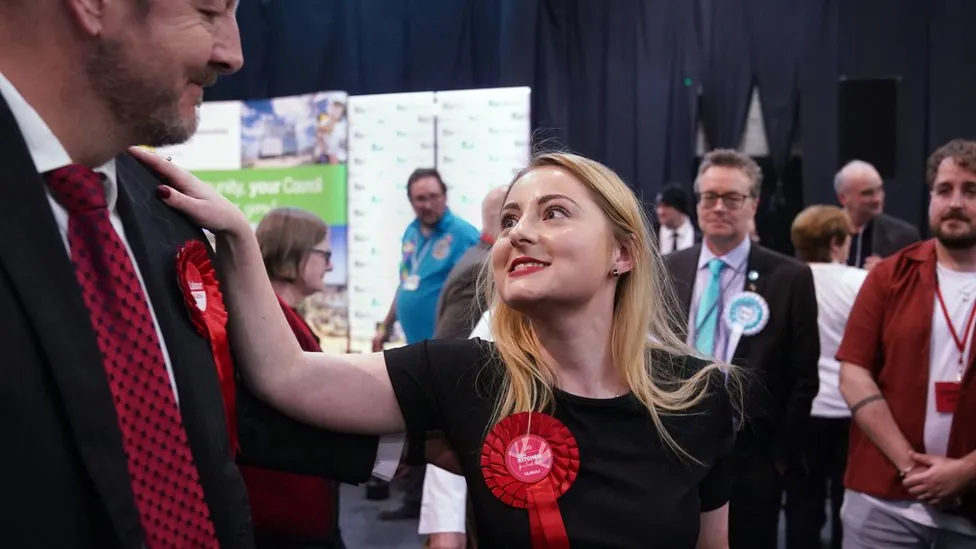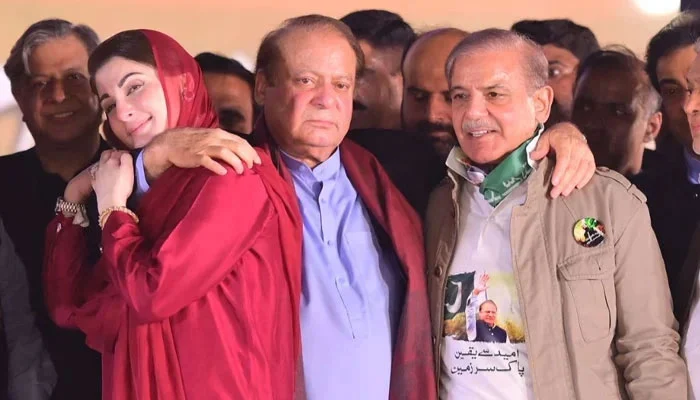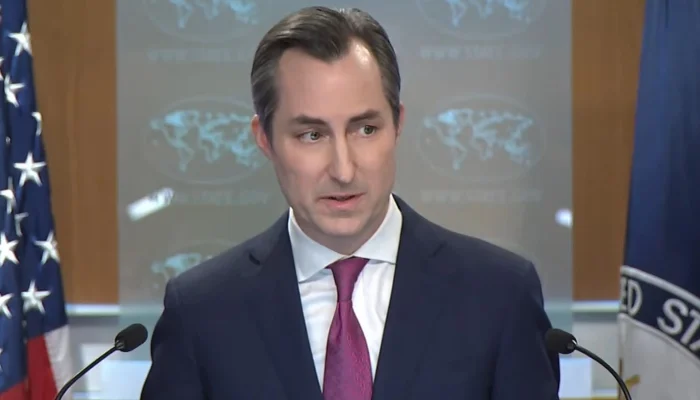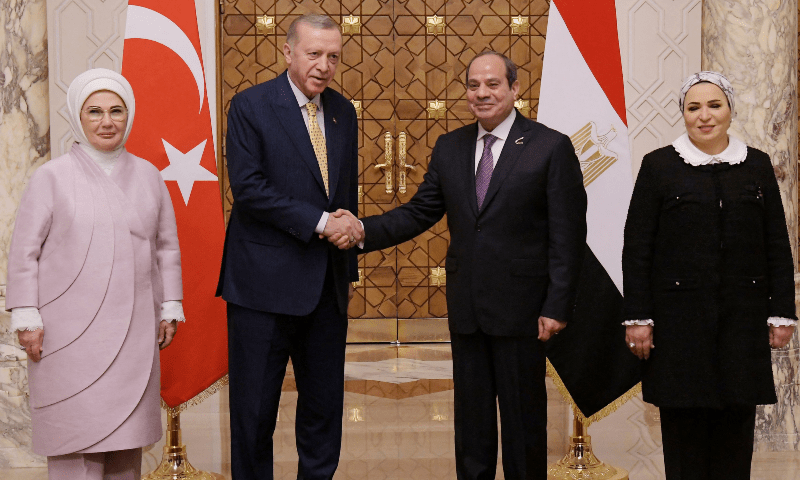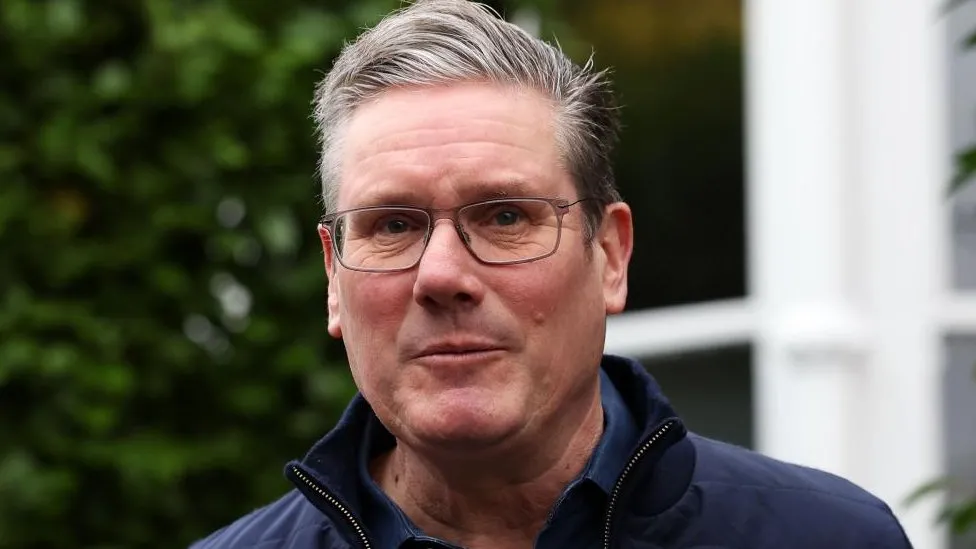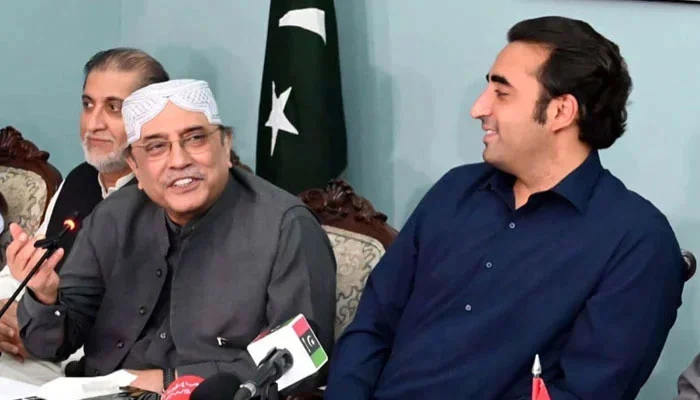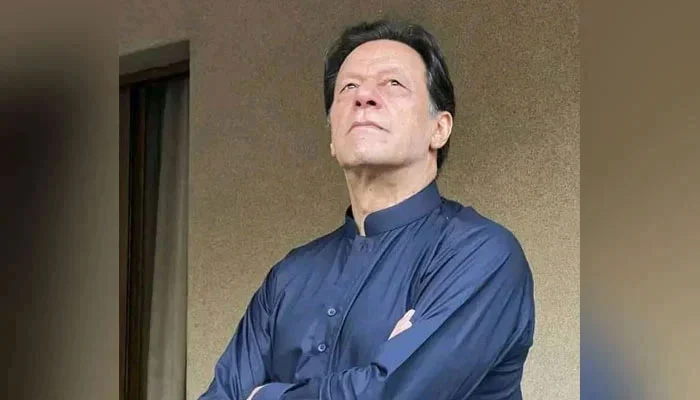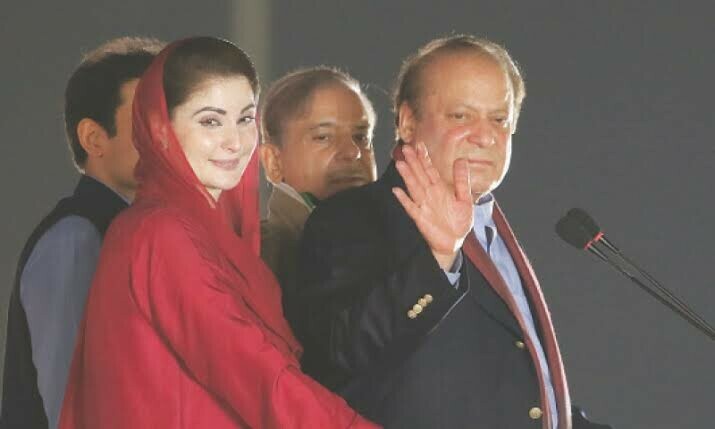Amid protests against the alleged rigging in the February 8 elections, the United States has expressed concerns over reports of “intimidation and voter suppression” in the polls.
The transparency of the February 8 general elections comes under scrutiny owing to inordinate delays in the results and the suspension of mobile services on the polling day.
The elections last week did not return a clear majority for anyone but Pakistan Tehreek-e-Insaf (PTI)-backed independent candidates won 92 National Assembly seats followed by Pakistan Muslim League-Nawaz (PML-N) and the Pakistan Peoples Party (PPP).
Questions have been raised about the fairness of the Feb 8 election both inside Pakistan as well as in major foreign capitals, with Washington having previously said there were “undue restrictions” on freedoms of expression and assembly.
“We are watching this very, very closely,” White House spokesperson John Kirby told reporters on Thursday, expressing concern about “intimidation and voter suppression.”
“International monitors are still taking a look at those tallies, I’m not going to get ahead of that process,” he added about the vote count.
PTI, JUI-F, JI and other nationalist parties have been holding sporadic protests against alleged rigging and manipulation in different parts of the country.
Besides the US, UK, EU and UN chief Antonio Guterres has also urged Pakistan to probe the rigging allegations and take steps to bring down political tensions in the country.
Caretaker Prime Minister Anwaarul Haq Kakar on Monday rejected that Pakistan will investigate into alleged rigging into Feb 8 general elections under anyone’s pressure.
During a press conference at the PM House, Kakar was asked to comment on demand of the United States and UK to investigate to allegations of rigging and delay in announcement of results.
The interim PM asked whether Pakistan had asked the US to investigate into Capitol Hill riots. “Pakistan is a sovereign state and will not bow to any pressure,” he added.
He observed that other countries and international forums make their assumption and opinions based on fractured information on social media. “If there are any allegation, we will look into them according to our own laws and no demand of any other country,” he said.


